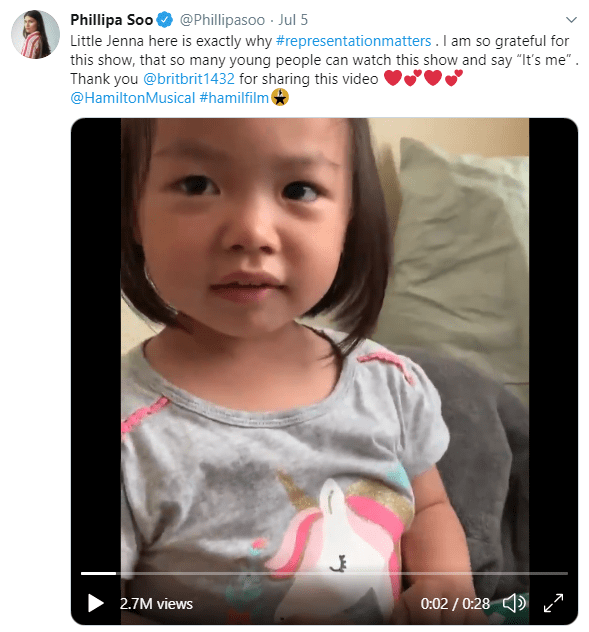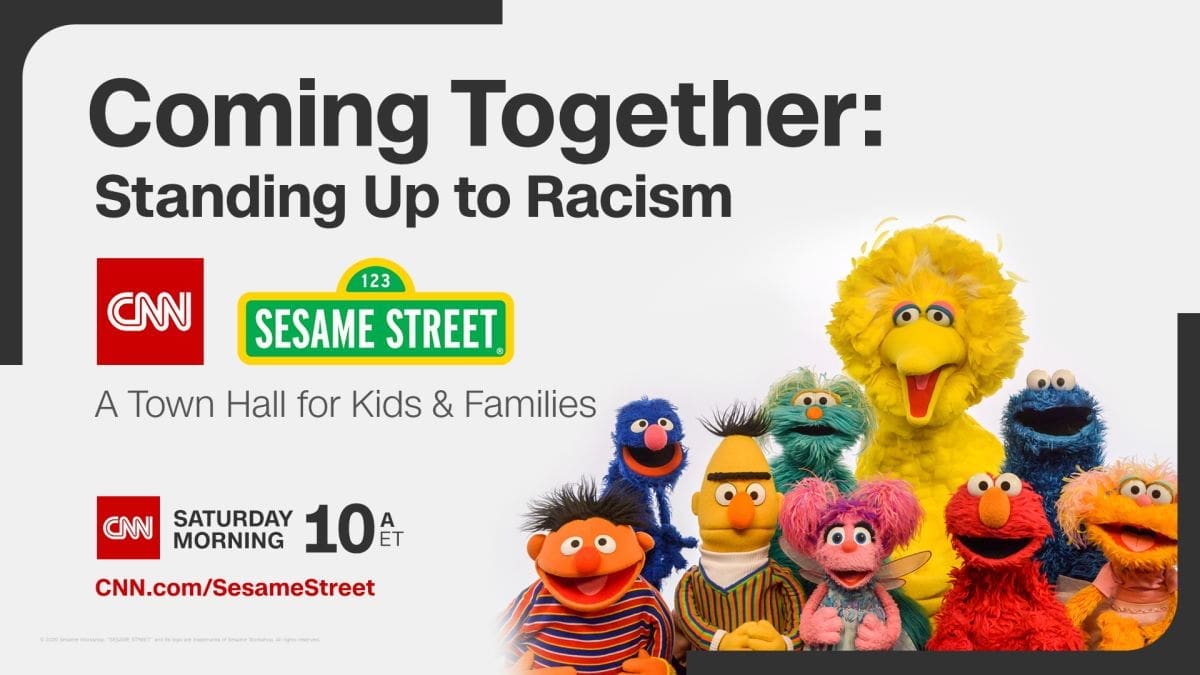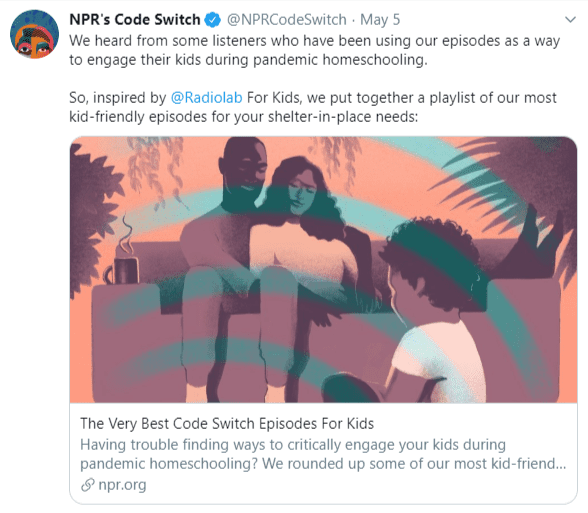Conversations about race can be difficult and uncomfortable for many adults. Parents have the additional task of tackling the topics of race and racism with their kids. According to an upcoming Mintel report on marketing to moms, nearly three-quarters of moms have either discussed or plan to discuss racism and discrimination with their children.
Who facilitates the conversation?
When asked who has, or will, talk to their kids about racism and discrimination, nearly all moms say that an immediate family member will do so. More than two-thirds of moms have or will address it by themselves and nearly half have or will address it as a team with their partner or spouse. Ultimately, moms see this conversation as their responsibility.
However, moms’ reliance on school systems to help with this conversation should not be understated. Nearly one in five moms say they look to teachers to help discuss racism and discrimination with their kids, suggesting that there is an expectation for schools to provide some guidance. With COVID-19 forcing most kids to finish the 2019/2020 school year at home, these critical school conversations will be missed, placing all of the responsibility on parents.
Race changes the nature of these conversations
While moms of all race and ethnicity groups are equally likely to say they want to talk about racism with their kids (roughly seven in 10), the content of these conversations won’t be the same. For Black, Asian, Native American and Hispanic moms this will be an emotional topic that their children may bring to them before moms have the chance to introduce it. The goal of these conversations will likely be to educate their kids on how to deal with racism when they are confronted with it as well as comfort their children who may face some difficult realities.
For White moms, discussing racism and discrimination with their children will be a different kind of challenge as they are trying to navigate and educate themselves on the topic, possibly for the first time. Most parents want to be the source of knowledge and set a good example for their children, so it can be uncomfortable to not know how to start the conversation or respond to their child’s questions. Parents will be more focused on explaining what racism is, why it exists and encouraging their children to come to them if they experience situations they don’t know how to handle.
According to Mintel US research on lifestyles of young families, respect and compassion are two of the top three qualities parents look to instill in their kids, and parents will look to reinforce these qualities in conversations about race.
Moms will address discrimination at different ages and stages
For kids (9 and under) moms are looking to have conversations about recognizing and celebrating differences, while also identifying what we all have in common. Their goal is to start a dialogue and answer questions their kids might have. At this age, parents will frame racism as an issue of fairness, a concept their kids are already familiar with. They will also start explaining how kids’ actions (or inaction) can have a larger impact on the world.
Tweens and teens (ages 10-17) have a greater chance of having already experienced or witnessed some form of racism or discrimination. As a result, moms are first asking open-ended questions to understand what they have learned from the news, school and friends. Moms are talking about the media directly, especially to highlight stereotypes and racial bias that tweens and teens may not initially pick up on. Moms find conversations with teens are especially important because their teens get so much of their information from social media. According to Mintel research on activities of kids and teens, by age 12, seven in 10 teens have their own smartphone and a majority of teens use YouTube, Snapchat, Instagram or Facebook every day. Moms are careful to try to help teens navigate these platforms and teach their kids that their voice and opinion matter, as well as how to handle trolling and bullying.
Examples of brand engagement

Moms may be learning together with their children and will be seeking resources that help give them more confidence in addressing the topic.
Representation in media helps parents expose their kids to more diversity. This is important for kids of all ages and parents are actively seeking diverse programming for their kids. Disney has recognized this as a consumer desire. Mintel US research on activities of toddlers and preschoolers shows that three in 10 parents with kids under the age of five cite the Disney show Doc McStuffins, which features a Black female child with aspirations to become a doctor like her mom, as a favorite kids’ show. In 2014, Doc McStuffins was one of Disney’s best-selling toy lines, raking in $500+ million in sales.
Another example is the newly released Hamilton film, launched on Disney + July of 2020. The streaming release of the filmed stage production allows kids of all ages to see the founding fathers represented by actors and actresses of color. This has opened the doors to family discussion about American history and immigration, and has given multicultural children a chance to see themselves in these roles maybe for the first time.

Educational resources give parents a starting point. Mintel US research on activities of kids and teens shows that nearly three-quarters of kids aged 6-9 have read for fun in the last three months, nearly four in five have watched TV/movies on a phone or tablet and more than nine in 10 have watched TV/movies on a television; parents are using all of these avenues to help educate their kids. The New York Times best-sellers like All Are Welcome, Hair Love and You Matter, in particular, are popular for parents to read with their children. Furthermore, the long-running kids TV show Sesame Street partnered with CNN to help teach kids about racism and the current demonstrations through their most popular characters.

Older kids can explore more mature content on their own. Compared to kids, tweens and teens, older kids are less likely to read for fun, but are increasingly more likely to listen to podcasts. This gives podcasts such as NPR’s Code Switch an opportunity to create kid-specific content and playlists that address these topics. TV shows and movies such as Dear White People, 13th, Little Fires Everywhere, To Kill a Mockingbird, Remember the Titans, and The Hate You Give have renewed relevance for families who want to have more in-depth conversations about race with older kids. Streaming platforms like Netflix and Hulu are actively curating this type of content to appeal to families.
What’s Next
The Black Lives Matter movement is just this year seeing a groundswell of support among the general population. The US has a long way to go to fully understand and address the impact of racism. Moms are starting this journey with their children now, but it is far from the end. Brands that join the conversation today can be a part of this evolution alongside families.





































